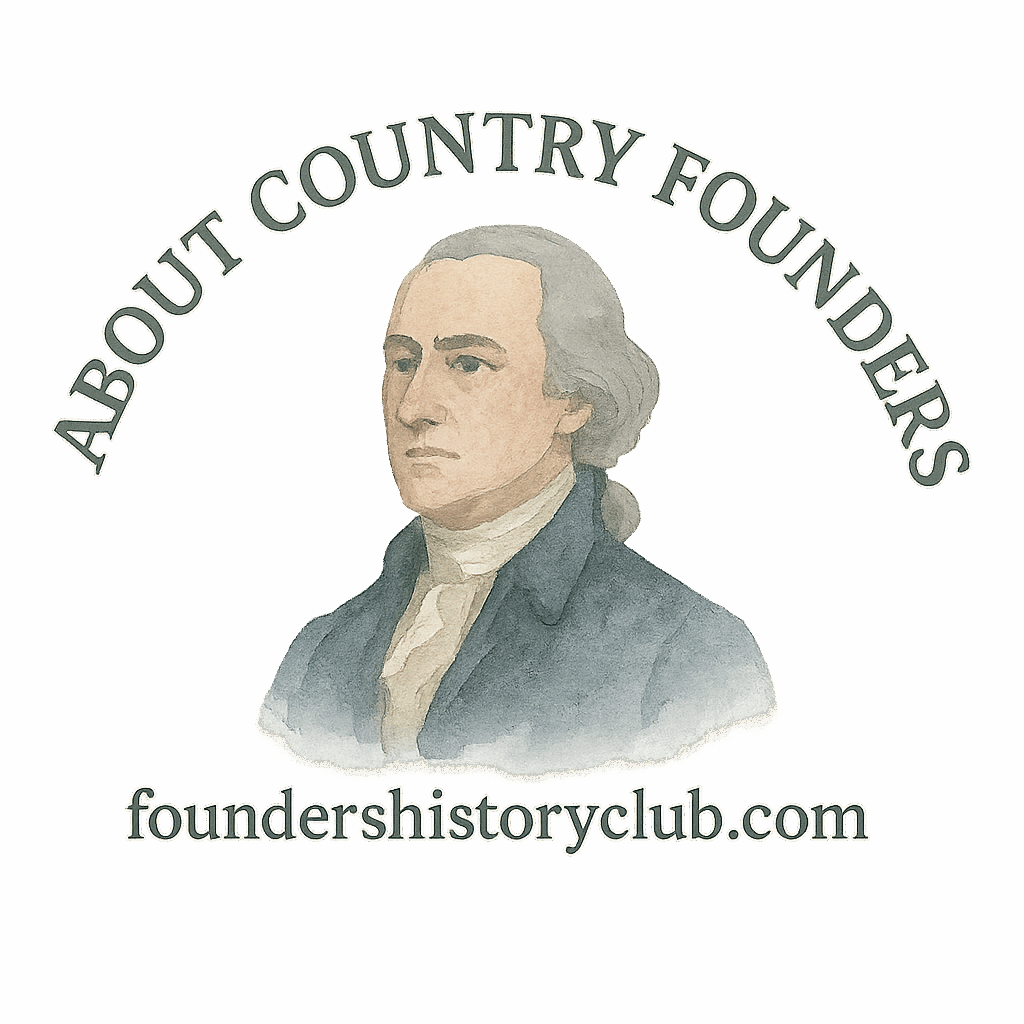Introduction
Have you ever wondered why so many schools and universities are named after founders? It’s not just about honoring the past—it’s about shaping the future. Names carry weight, and the name of a school often reflects the vision, values, and legacy of a nation or movement. In this article, we’ll explore ten institutions named after prominent founders and uncover how their names influence identity, mission, and culture.
Why Do Institutions Honor Founders With Their Names?
The Legacy of a Name
A name is more than a label—it’s a story, a symbol, and often a guiding light. Educational institutions named after founders are built on ideals. They reflect the philosophies and achievements of those who paved the way for national identity and governance (see more on governance).
Influence on Students and Culture
These names serve as daily reminders of greatness. They connect students to a broader historical and philosophical context. They also inspire future leaders to carry the torch of progress, independence, and integrity (read about independence leaders).
1. George Washington University (USA)
Background of George Washington
George Washington, the first U.S. president, remains one of the most influential revolutionary founders in history (more revolutionary founders).
Founding and Growth of the University
Established in 1821, GWU in Washington, D.C. embodies the democratic and enlightenment ideals Washington cherished. The school’s location and legacy are a tribute to his vision for civic responsibility.
Educational Legacy and Cultural Memory
Through research, law, and public service programs, the university reinforces cultural memory and national development (explore cultural memory).
2. Simon Fraser University (Canada)
Simon Fraser: The Explorer and His Legacy
Named after Scottish explorer Simon Fraser, this Canadian institution reflects the spirit of discovery that helped shape British Columbia.
Academic Influence in North America
Founded in 1965, SFU embraces innovation and global outreach, bridging early history with modern academic disciplines (see North American founders).
3. Jawaharlal Nehru University (India)
Nehru’s Role in Indian Independence
India’s first Prime Minister, Jawaharlal Nehru, played a key role in the country’s independence and nation-building.
Academic Contributions and Global Inspiration
JNU is known for its progressive curriculum and social activism, channeling Nehru’s intellectual heritage (inspired by global founders).

4. King Abdulaziz University (Saudi Arabia)
The Royal Founder’s Vision
Founded in 1967 in honor of King Abdulaziz, the founder of modern Saudi Arabia, the university echoes the monarch’s vision for modernization.
A Center of Modern Islamic Education
It stands today as a beacon of innovation in Islamic and scientific research, rooted in tradition yet forward-looking (see royal founders).
5. Thomas Jefferson High School for Science and Technology (USA)
Jefferson’s Enlightenment Ideals
Thomas Jefferson, a thinker, diplomat, and writer of the Declaration of Independence, represents intellectual freedom and reform.
Fostering Future Innovators
TJHSST cultivates talent in STEM fields and critical thinking, true to Jeffersonian principles (related to education legacy).
6. Mustafa Kemal Atatürk University (Turkey)
Founder of the Modern Turkish Republic
Atatürk redefined national identity by separating religion from state affairs and promoting secular education.
Education as a Tool for National Reform
This university is a testament to his transformative governance and cultural reforms (read about borrowed ideologies).
7. Nelson Mandela University (South Africa)
Mandela’s Legacy of Liberation and Equality
A global icon for human rights, Mandela symbolizes peaceful revolution and inclusivity.
A Symbol of Education for Empowerment
NMU offers inclusive education that empowers marginalized communities and nurtures democratic values (learn more about legacy).
8. Ho Chi Minh City University of Education (Vietnam)
The Father of Modern Vietnam
Ho Chi Minh, both a revolutionary and teacher, emphasized unity and anti-colonial struggle.
Promoting Pedagogical Excellence
This university develops top educators in Southeast Asia, carrying forward Ho Chi Minh’s educational mission (view early history).
9. Charles University (Czech Republic)
Founded by Emperor Charles IV
Founded in 1348, it’s the oldest university in Central Europe and a medieval symbol of knowledge.
Medieval Legacy in Modern Academia
It bridges ancient countries’ traditions with contemporary education (related: ancient countries).
10. Ben-Gurion University of the Negev (Israel)
The Vision of David Ben-Gurion
Ben-Gurion believed in transforming the desert into a land of knowledge and sustainability.
Advancing Science and Desert Development
Today, BGU is a hub of research in water conservation, tech, and Zionist history (learn about founder statues).
Educational Legacy: What These Institutions Teach Us
Founders as Cultural Pillars
Each of these schools carries the essence of its namesake, reinforcing national holidays, revolutions, and independence movements (see more on national holidays).
Schools as Extensions of Governance Ideals
They also serve as intellectual arms of governance, liberty, monarchy, or revolution (more on monarchy, and revolution).
Conclusion
Founders leave behind more than just nations—they leave philosophies. Schools and universities named after them act as living monuments, teaching new generations about sacrifice, resilience, and vision. From Washington to Mandela, these institutions are not just places of learning—they are beacons of legacy.
FAQs
- Why are so many schools named after founders?
- To honor their contributions and embed their values in education.
- Are these names politically motivated?
- Often, yes. They represent governance, ideology, and national identity.
- Do students connect with the founder’s legacy?
- Many do, especially when the curriculum reflects those ideals.
- Can names change over time?
- Yes, but it’s often controversial due to cultural memory.
- Are there schools named after founders in every country?
- Almost all nations have at least one.
- What’s the most prestigious school named after a founder?
- Opinions vary, but George Washington University and Charles University are widely respected.
- Where can I learn more about founders and their legacies?
- Visit Founders History Club and explore comparative articles or founders by era.


